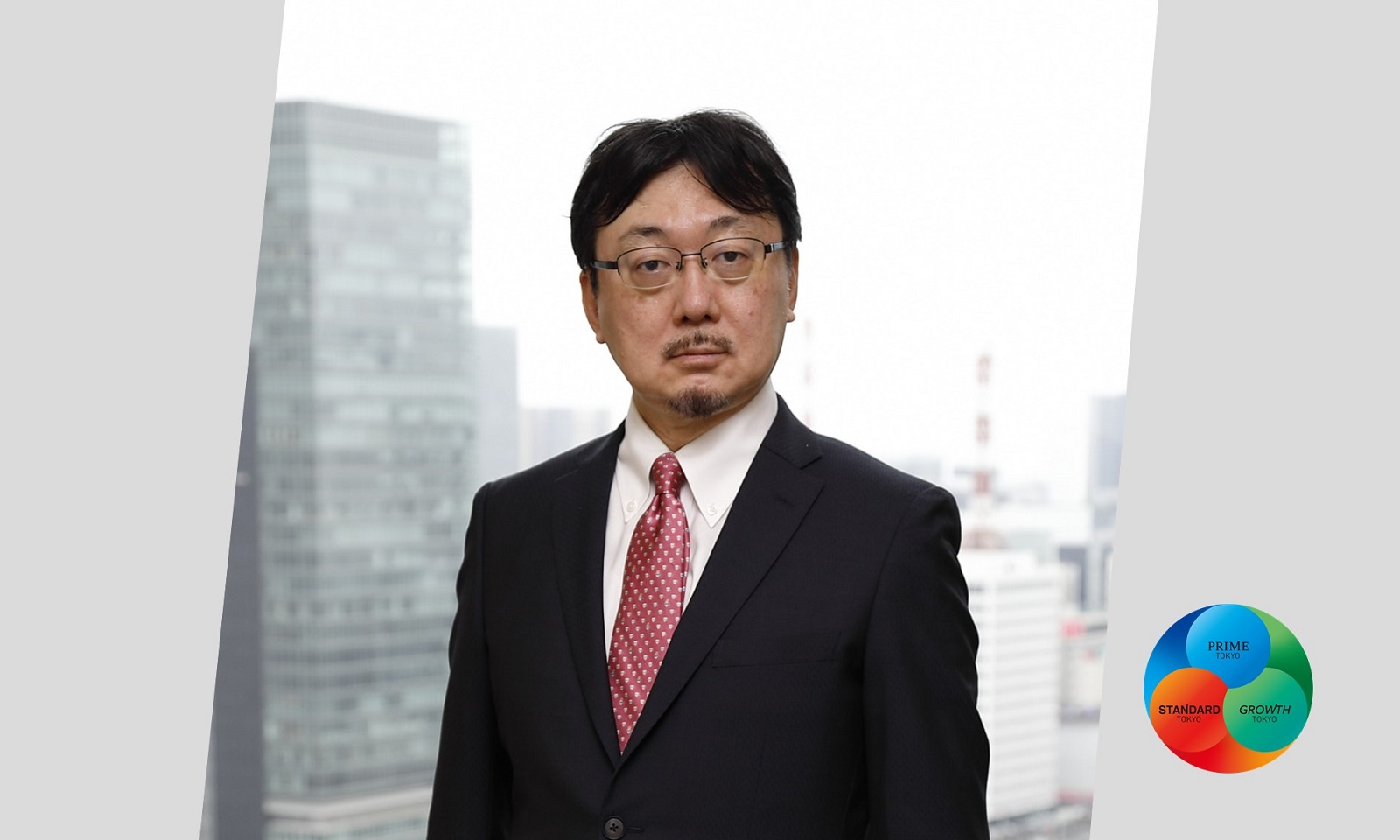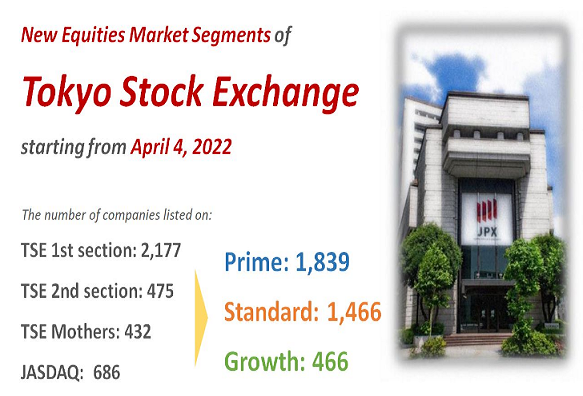TSE Cash Markets
Companies in all market segments are expected to address ESG issues

By Etsuro Kuronuma, Professor, Faculty of Law, Waseda University
The transition process toward the new market segmentation of the Tokyo Stock Exchange is underway. The concept of each new market segment is clearly defined, and it is reflected on the listing criteria. In light of the Corporate Governance Code (“the Code”) revised in June 2021 as well as the listing criteria of each market segment, I’d like to state what is expected of each listed company when they select a market segment and after the transition.
Companies listed on the Prime Market are required to appoint at least one-third of their directors as independent directors, and have a nomination committee and a remuneration committee, where a majority of each committee members are independent directors. Under the Code, if a company chooses not to comply with such principles, it will be sufficient to explain reasons for non-compliance. However, since these Supplementary Principles are stipulated specifically for companies listed on the Prime Market, I suggest that the companies should comply with them, instead of explaining reasons for non-compliance. Then, according to the concept of the market that the companies should be able to have dialogue with global investors, I’d like the companies to work toward a higher level of corporate governance through dialogue with institutional investors who set stricter proxy voting policies. Furthermore, the listing criteria requires the companies to ensure that the tradable share ratio is at least 35%, so that any special resolution will not be passed by votes of so-called “stable shareholder(s)” alone at a general shareholders’ meeting. It means that there may be a hostile takeover. Companies listed on the Prime Market should seriously consider a possible takeover, taking into account that most institutional investors are against the introduction of anti-takeover measures under normal circumstances.
Companies listed on the Standard Market are subject to all Principles and Supplementary Principles of the Code, except those specifically for the Prime Market. Under the Code, they are expected to proactively work on ESG issues, such as global environmental issues, respect for human rights, caring for employees’ health and working environment, and crisis management including that for natural disasters. While environmental initiatives may vary across companies, promoting women, foreign nationals and midcareer hires to middle management positions, as well as ensuring diversity in the promotion to core human resources are common issues among most listed companies. Upon the recent revision of the Code, its Supplementary Principle specifically requires companies to disclose their policies, goals, and progress of ensuring diversity in human resources. Since the Code identifies these as especially important for companies to work on by requiring their disclosures, I’d like to see proactive engagement from the companies.
The Growth Market maintains the same listing criteria as that of Mothers market in terms of the threshold of tradable share market cap being at least 0.5 billion yen. Similarly, as in Mothers, the companies are required to comply with only the General Principles of the Code. However, it is important to note that the General Principles of the revised Code places stronger emphasis on initiatives to address ESG issues. Individual investors are increasingly wishing to invest in companies taking excellent ESG initiatives, especially those on climate change and other environmental issues. Furthermore, since the Principles and Supplementary Principles of the Code explain details of relevant General Principles, it could be said that companies listed on the Growth Market are also required to proactively work on ESG issues.






